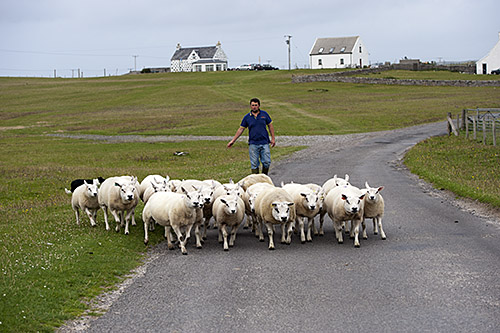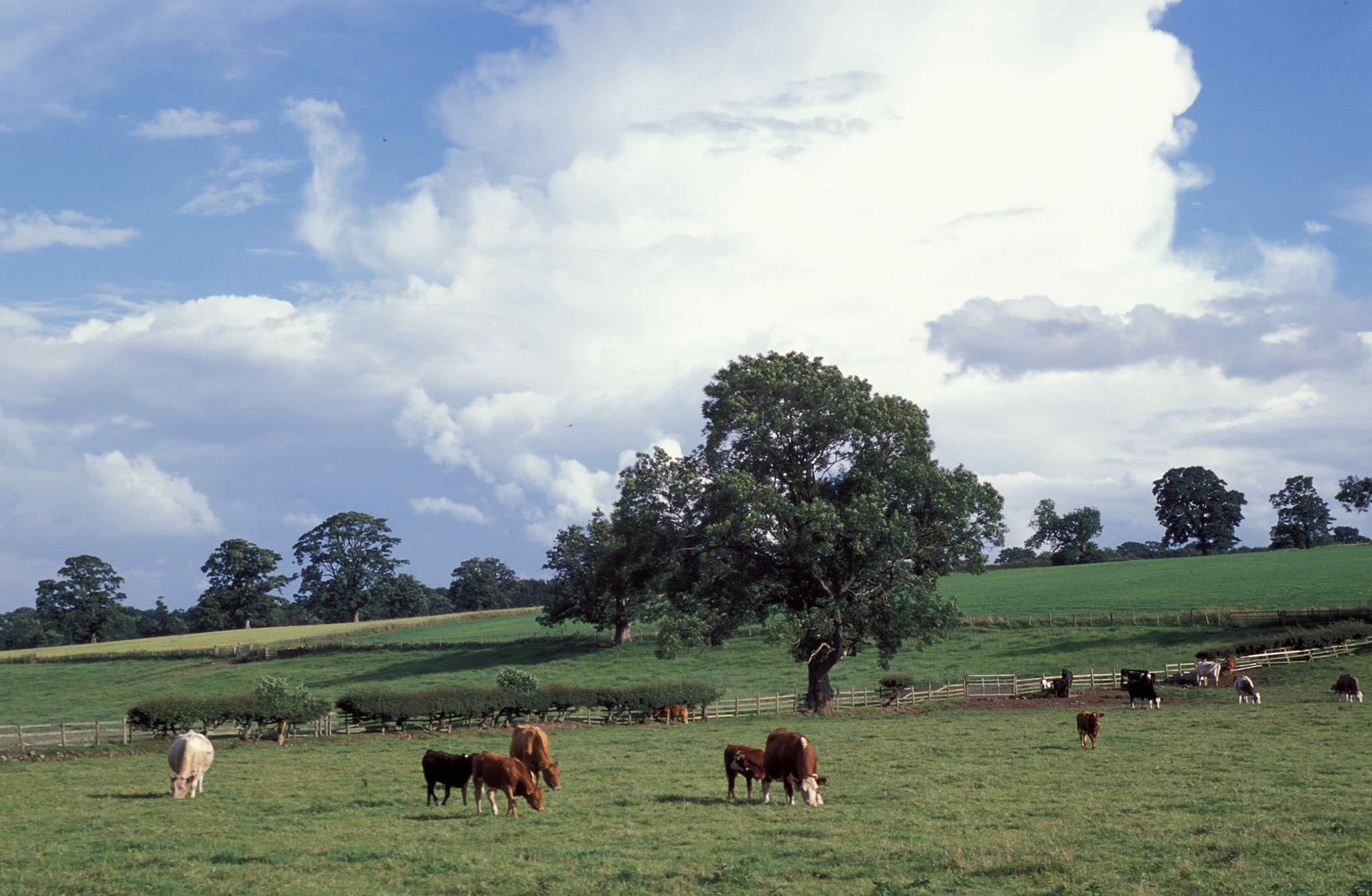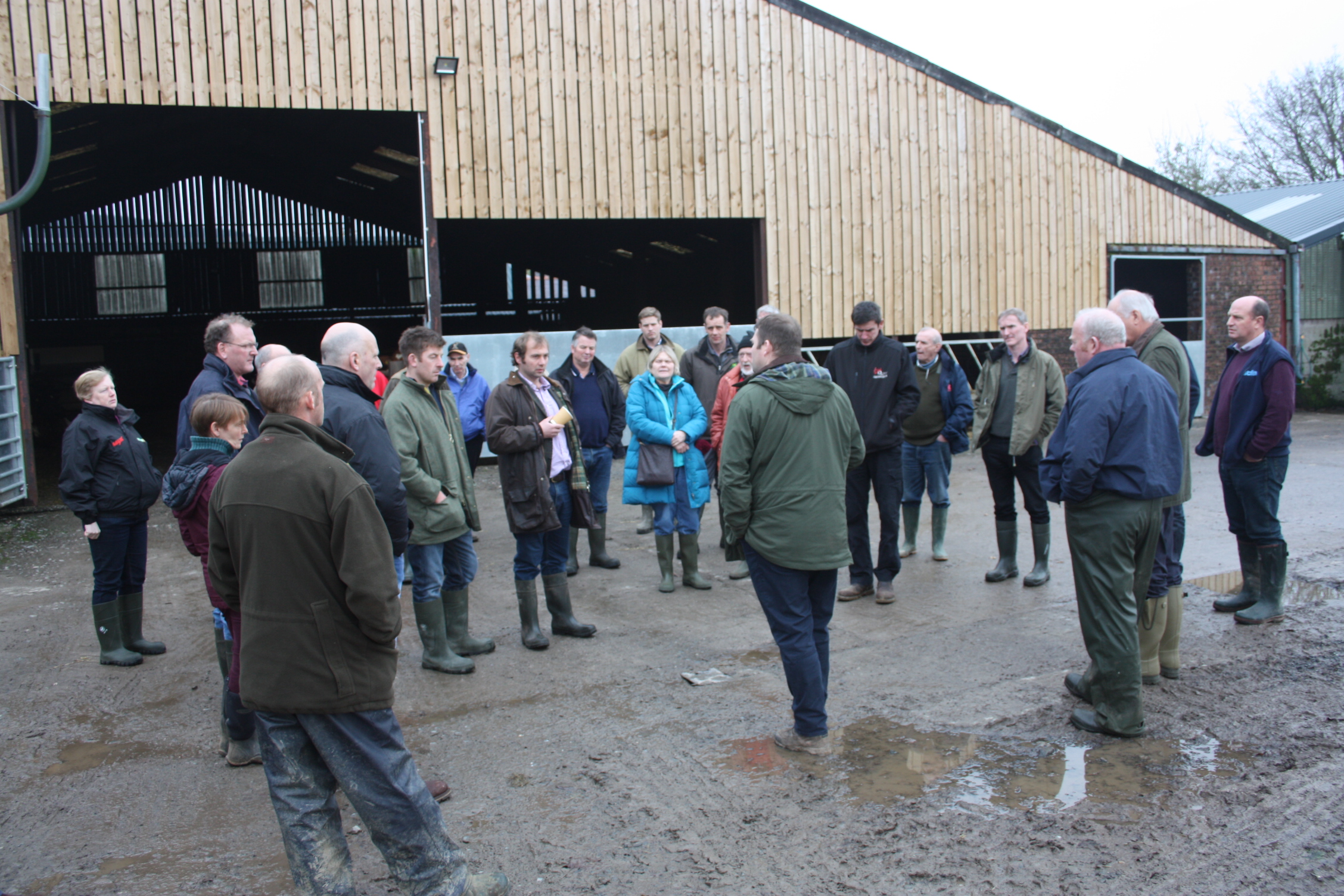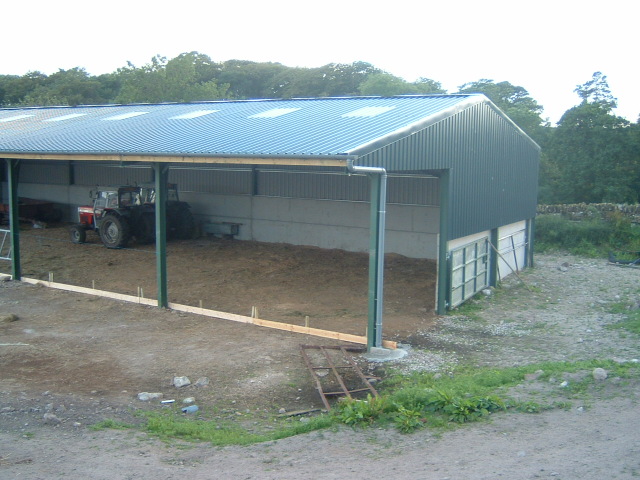Aug 20 2019
STFA – TAXATION NOT LEGISLATION KEY TO SUCCESS OF TENANTED SECTOR
Scottish Tenant Farmers Association
News Release
23rd July 2019
STFA – TAXATION NOT LEGISLATION KEY TO SUCCESS OF TENANTED SECTOR
The Scottish Tenant Farmers Association is calling on the Scottish Government and the agricultural industries on both sides of the border to join forces in lobbying the UK government to bring forward changes to the taxation regime to stimulate a more resilient and sustainable tenanted sector with greater opportunities for new entrants and progressing farmers.
DEFRA has been consulting on reforms to the tenanted sector in England and Wales but have omitted consider the potential impact of taxation changes on the letting of land, despite strong pressure from the industry. Taxation is generally reserved to the UK government but there is general agreement that changes to the taxation regime could benefit the tenanted sector and should be included in the DEFRA reforms.
STFA Chairman Christopher Nicholson commented: “Taxation reform rather than legislative change is key to encouraging more letting of land, increasing opportunities for new entrants and increasing the productivity and the efficiency of agricultural land use. Scotland’s tenanted sector has seen some major changes over the last couple of decades some of which are still to be implemented and, despite some negative comments, there is evidence that the new types of tenancy are becoming more popular with more land being let for periods of more than 10 years. Existing 1991 secure tenancies are in good heart and benefitting from the new measures in the recent Land Reform Act encouraging succession, inward investment and innovation leading to the sector becoming more resilient, more profitable and more sustainable. There are also regular movements of retiring tenants leaving the industry creating opportunities for new tenants if conditions for letting were right.
“The lack of land to rent is a UK wide problem, with similar frustrations felt by new entrants, largely because of their inability to compete with existing farming businesses. Despite the rhetoric from some of the landed interests extolling the benefits of freedom of contract, the tenanted sector in England and Wales has remained largely static over the last 15 years in spite of the introduction of Farm Business Tenancies in 1995.
Writing in the STFA Newsletter, TFA’s George Dunn has also commented that the short-term nature of FBTs has failed to improve efficiency within UK agriculture. ‘Over the nearly 25 years of the legislation the length of term on an FBT has averaged just under four years. Worryingly, fully equipped holdings, which would be expected to be let for much longer terms, have an average duration of less than 10 years. As we approach half of all land let being under FBT’s it is worrying, to say the least, that 85% of new farm tenancies are let for terms of 5 years or under.’
Mr Dunn continues, ‘The short-term nature of agricultural tenancies is holding back progression, investment, sustainable land use and productivity on farms. With much higher demand for farmland than supply, landlords can offer short-terms, for high rents at very little risk whilst at the same time pocketing generous and unconstrained tax benefits which the TFA argues must be addressed.’
“The TFA puts the blame for failures in the tenanted sector down to the imbalance of supply and demand of land for farmland, enabling landlords to offer short-term lets for high rents
whilst at the same time pocketing generous and unconstrained tax benefits which the TFA argues must be addressed.”
STFA agrees with the TFA and is calling for some small and generally fiscally neutral taxation changes which could make all the difference to the letting of land:
- Restricting the generous, 100% Agricultural Property Relief from Inheritance Tax to those prepared to let for 10 years or more.
- Clamping down on those landowners using share farming, contract farming, share partnerships and grazing licences as thin veneers of trading activity and as vehicles for aggressive tax avoidance.
- Offering landlords prepared to let land for 10 years or more the ability to declare their income as if it was trading income for taxation purposes, rather than unearned income.
The above tax measures are all reserved to Westminster, however, it is within the scope of devolved powers for the Scottish Government to:
4) Reform Land Business Transaction Tax (LBTT) to end the discrimination against longer tenancies, and;
5) Ensure that landlords on publicly owned land where the government has some influence, such as the Crown Estate to use 10 year + MLDTs as the default.
STFA believes that as we contemplate entering a post Brexit era, the time is right to modernise the tax regime to bolster the tenanted sector by creating opportunities for new entrants, encourage longer term tenancies for progressing farmers and build on the potential of the current structure of land tenure rather than look to creating yet more tenancy legislation and further uncertainty as has been suggested.








